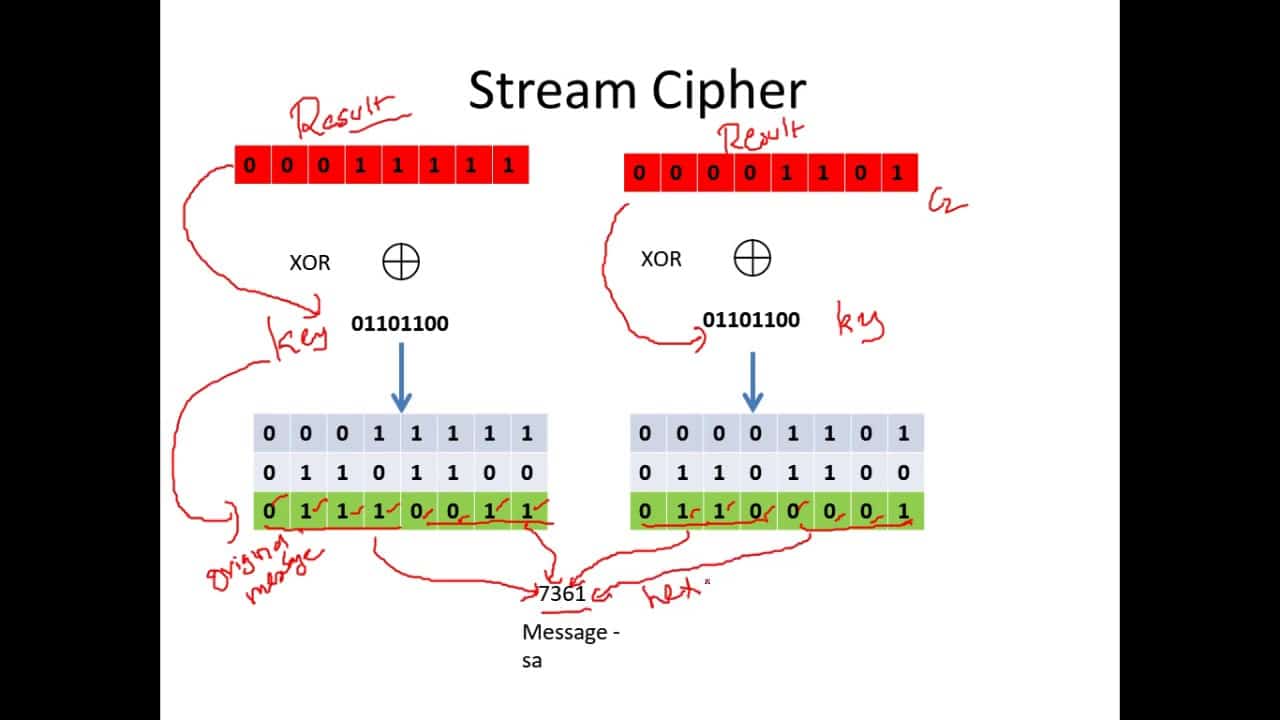Stream Cipher is an encryption algorithm that uses a series of randomly generated bits, or a pseudo-random bit stream, to scramble plaintext. It encodes each symbol in a plaintext stream with a unique symbol from a random stream. Stream Ciphers are commonly used to create secure communications links such as Virtual Private Networks (VPNs).
They are one of the two main types of symmetric encryption algorithms, the other being Block Ciphers. Stream ciphers can offer strong security, but they must be used correctly. A major advantage of stream ciphers is that they only need a small amount of memory to function and they operate very quickly.
The main drawback of stream ciphers is that they are vulnerable to brute-force attacks. In order to protect against this type of attack, stream ciphers must be combined with additional techniques such as authentication and key exchange protocols to provide the desired level of security.
The most commonly used stream ciphers include the Counter (CTR) mode of operation, the Cipher Feedback (CFB) mode of operation and the Output Feedback (OFB) mode of operation. Other techniques such as the Galois/Counter Mode (GCM) also exist.
Stream ciphers are widely used for point-to-point encrypted communications such as in VoIP, VPN, Bluetooth, and Wi-Fi. They are also used for disk encryption, virtual private networks, and financial transactions.
Security professionals must be aware of the different pros and cons of stream ciphers in order to make an informed decision when choosing an encryption algorithm to protect sensitive data. While stream ciphers offer fast encryption, they must be implemented correctly with robust authentication and key exchange mechanisms to ensure the data remains secure.






